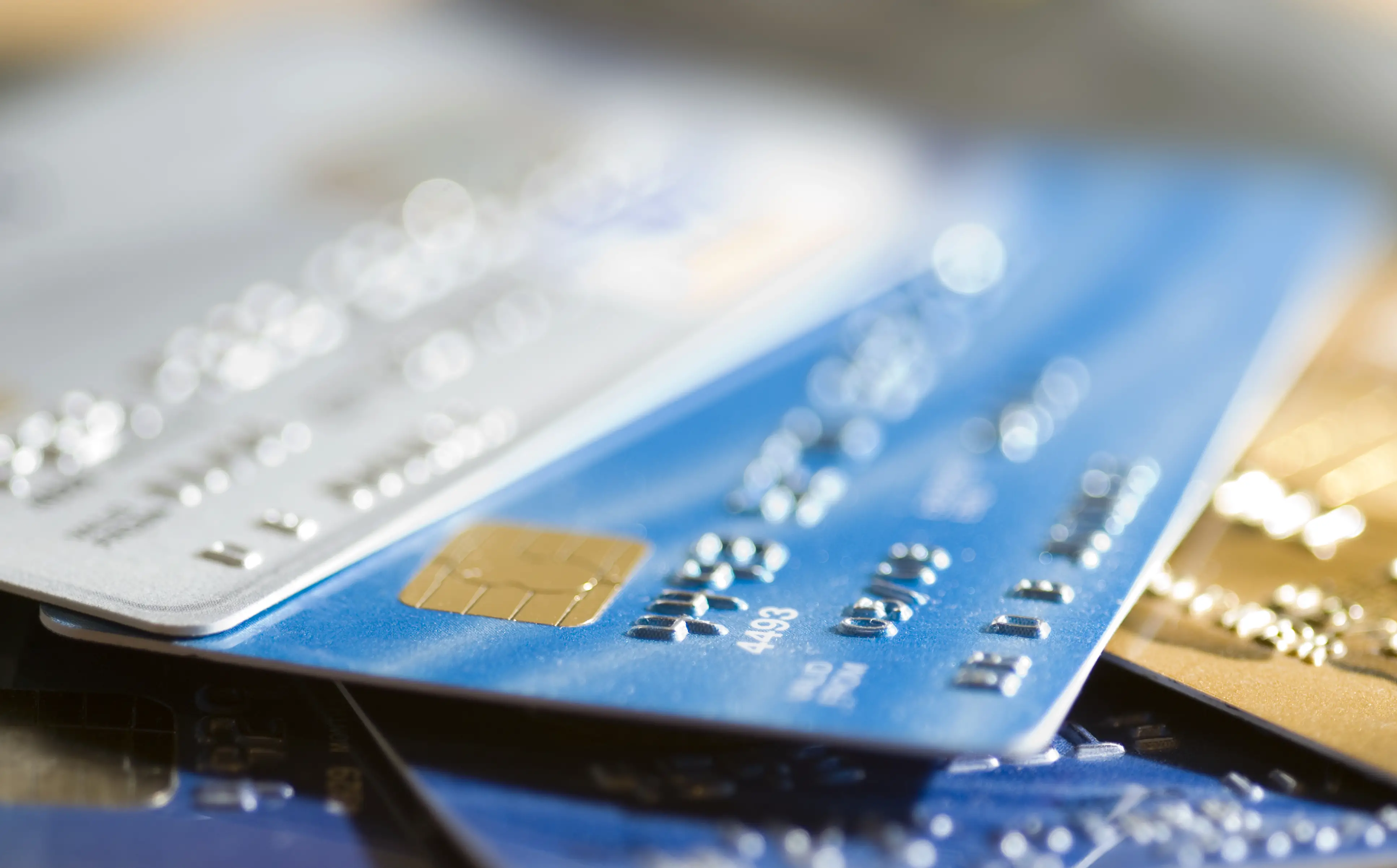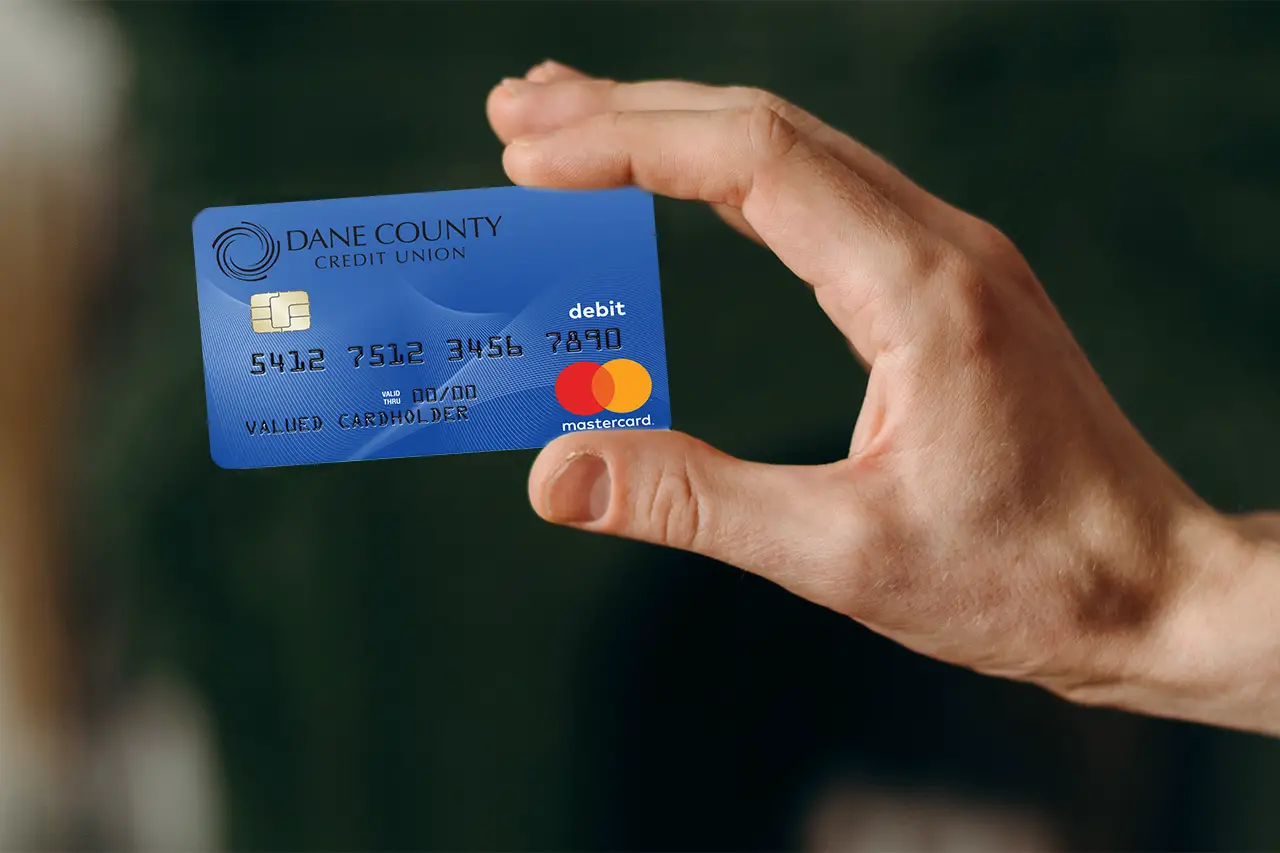You may access your bank account’s money using a debit card. Policy varies according to the bank when an account opens.
Usually, the minimum age to get a credit card is 18. Most countries have an age of majority. Some banks provide a debit card for children when they create a parent’s checking account.
How old do you have to be to get a debit card? The earliest is 11 years old with most highway banks. But other firms offer six-year-olds debit cards.
At RoosterMoney, we have combined the advantage of early receiving a debit card to assist you in determining whether it is suitable for your family.
Moreover, it is the age that children begin to make you desire rather than need things. They want to go to the movies with their pals, purchase refreshments on a field trip, and want to buy (hopefully) your birthday presents.
That’s also the age at which kids can begin to realize what their friends have, and they will soon ask for Nike as well.
One extraordinary approach to educate your youngster on saving for what he wants is to make his or her savings; a fantastic way to achieve this is using a debit card for children.
Moreover, it lets you feel independent and keep an eye on things if they go out of hand.
Research reveals that around the age of 7, youngsters begin to acquire cash habits. Furthermore, it is a fantastic chance to establish trust in early age children.
A pre-paid debit card for children may be an excellent method to help your kids decide for themselves while monitoring their expenses as a parent.
Ultimately, when your family is ready, it depends.
Contents
How Old Do You Have To Be To Get A Debit Card At Most Banks?

In many countries, like the United States, a debit card can only be issued to 18 or more people. Minors cannot access their debit card but can be linked to an adult account lawfully.
Services such as Green Light Card enable pre-paid debit cards for children of various ages. For these real pre-paid solutions, there are no minimum age limits.
The response to ‘How old do you have to be to get a debit card is ‘it varies.’ You can access a debit card at any age, but the problem is identifying the proper family account.
Always provide financial options for youths and minors, including Highschool Check by Chase and Serve by American Express.
Even the majority of local banks and credit unions offer family choices.
However, not everybody offers parental settings that help keep your youngster — and money — secure while using your account.
Almost all of these accounts are fantastic. However, there are limitations to take into mind.
See for monthly charges, deposit limitations, minimum balance, and hidden charges for the reloading of your child’s card.
Why Would A Debit Card Be Accessible To Minors?

The possession of a debit card offers several advantages. You can not just access it through your card. It’s not simply a wallet.
There are indeed many reasons why kids need to be comfortable handling their money digitally, in particular.
To Mention Only A Couple:
- Cards make it much easier to purchase
- Family bank accounts facilitate the provision of money to parents
- Digital banking does not allow children to spend too much.
- Cards safeguard money
- The debit card may be an excellent way to teach children money.
The tentation and easiness of children to spend carelessly on their debit cards is a matter of concern to all their parents as we progress towards a cashless world.
Moreover, it eliminates this worry with a pre-paid account. Famzoo has the right solution available.
You may combine prepayment cards, enable your children to administer money and maintain visibility and control.
Set a budget for your children, fill out the card, and arrange a weekly meeting with them.
Furthermore, it helps you teach your children about budget cuts and allows them to embark on solid financial habits before they have the opportunity to destroy their life with debt.
It Makes Purchasing Convenient:
The debit card offers a dependable route for your youngster to access the money safely and independently.
Lunch money, school event, and schedule funds, and other requirements may go on your cards, therefore preventing you, as a parent, from having to carry money at hand.
You may give your children a layer of freedom with the card.
Family Bank Accounts are convenient for Parents to Provide Their Kids With Money:
For children who went to school or regularly traveled with sports teams, this is extremely good.
It’s unbelievably helpful to get your kid to give money in real-time, wherever it is.
A card gives peace of mind for many parents with which money cannot compete.
No Chance of Overspending:
Digital money management and debit card management are now in default in the administration of your adult finances.
When it comes to teaching-wise spending, equipping your youngster with the same tools is critical.
These apps provide straightforward and practical methods to assist your kids in managing money, saving for the future, and investing in wise choices.
It keeps Money Safe:
Nothing is worse than losing the money inside of your wallet. Although it’s uncomfortable to lose a debit card, many banks offer crisis alternatives that enable you to disable the lost card and purchase another one.
Cards do not allow unauthorized users to withdraw cash instead of cash that is readily lost or stolen.
It translates into a new safety layer for your youngster, thereby minimizing the risk of cash-instigated theft and bullying.
Why is Managing Money Via Card an Essential Skill for Kids?

It is no surprise that new technologies are being adopted quicker than any other group by younger generations.
They grew up with internet access and everything they have to offer.
Digital banking is thus not a luxury for this generation. Financial techniques are fundamental skills for management, which help youngsters to manage their money throughout their life.
Checks Are Becoming Outdated:
When did you issue a check last time? It has likely been a while, and it may use several applications and tools to move cash faster and more effectively.
Apps like Venmo, PayPal, and Acorns and the rich native banking apps make sending your family and friends, paying and leaving their peers’ modest amounts, dividing checks, and even investing in your replacement exchange easy and costly—if not free.
The New Standard for Money Management is Apps:
Nearly every well-established bank has an online banking system, many of which are websites, applications, or both. Moreover, it is one of the best strategies to manage your asset.
Users may set up low-balance Notifications or automated bill payments using popular banking applications.
The introduction of real-time money management for your children will help them make better judgments while developing their financial expertise when entering the workforce.
Many FinTech applications have enjoyable and related savings and investment strategies, encouraging young people to start money early.
Banks like PNC include functionality that enables customers to move a proportion of deposits into a financial account automatically. They even allow users to block pieces of money to save cash for a particular purpose.
This depiction of savings and simple access to interest calculators can contribute to bringing financial knowledge to youngsters to make good money administration entertaining.
Supporting Children In A Cashless Society:
Americans are changing our approach to managing our money. Only in the following years will the “cashless” trend and the transition to a virtual economy deepen.
The primary way your child will be involved with your money will probably be through an app or digital platform by the time your youngster joins employment.
The turn of digital administration allows children to be more independent without losing security or openness.
How to Provide a Minor With a Debit Card:

You can equip your children with a card with two primary possibilities. Furthermore, you can obtain a standard pre-paid card for your youngster, or you can use a family service bank.
A secondary card may be secured from your bank and allowed to use your child’s “non-official” card by giving it your PIN.
Nevertheless, many traders examine the IDs of young card users and may deny payment if the card name does not match the user’s identification.
The other essential thing is that most banks prohibit anyone other than the account owner from using the debit card. You might jeopardize your account, and if you violate the law, you face the danger of heavy fines.
The safest and most effective way to equip your kid with a debit card is to create an account mainly geared to assist minors.
Use a Family Banking Service:
Alternatively, you may sign up for a virtual family Bank service to set up your children with your prepayment cards.
Virtual family bank services offer instruments that enable an account holder to set up and administer a range of reports, one for each family member.
The practical effect is that you may create various accounts for each of your children, all of which, you can monitor from one place. Their use is distinct.
FamZoo is the top general family banking and debit card service for teenagers, according to the Balance report.
Moreover, it gives youngsters thirteen cards and choices such as chore lists, allowances, and advanced parental restrictions.
Furthermore, it is a complete and inexpensive alternative with only $5.99 per month for the whole family to use the account and four free cards.
How Old Do You Have to Be to Get a Debit Card – Cautions:

As far as financial items are concerned, providing your children freedom offers both excellent and not-so-good alternatives.
You should examine several factors before you supply your debit card for your youngster.
1. Fraud Risk:
Kids may be vulnerable to shady persons, online or offline, who may fraudulently try to access the card’s money.
Entertain a responsible card ownership education for your children.
2. Late Refunds:
If a fraudulent transaction occurs, the credit card will not repay you as fast as you would.
Due transactions have several safeguards to protect fraud. Make sure the conditions on your account are understood.
3. Flooding:
Overdraft charges may be costly, as can any bank account. The expenditure constraints on cards like these assist in educating you about tax accountability, but you desire to pay for the overpayment fee.
Consider the execution of parental inspections or creating an account that does not allow overdrafts and merely declines transactions that the money on the account can supply.
Also Read: FDIC vs SIPC: What’s the Difference?
So, How Old Must You Get A Debit Card?
The new standard for modern money management has now become debit cards. In 2012 alone, there were almost 47 billion debit card transactions.
It is an essential aspect of our contemporary society and a chance to educate financial literacy.
Making a debit card may make your family’s life smoother and make it easier for children to decide better when they grow up and become self-employed consumers.
It’s all about what works best for you and your family at the end of the day. It also relies on the amount your kids spend.
Most essential, keep the conversation open so that your children may share their experiences and lessons comfortably.
Making your children responsible for their money can help equip them with healthy monetary habits for their future.
One advantage of pre-paid children’s debit cards is encouraging your children to think carefully about the source of the money.
Your youngster is increasingly interested in how money and debit cards operate at this age.
They also want to learn how to handle and participate in the grownup payment process.
They could also want to save to buy more expensive things, such as motorcycles or the latest mobile phone.
Instead of preparing your kid for an adult bank account, getting a debit card at this time might also make it easier for you to live as a parent.